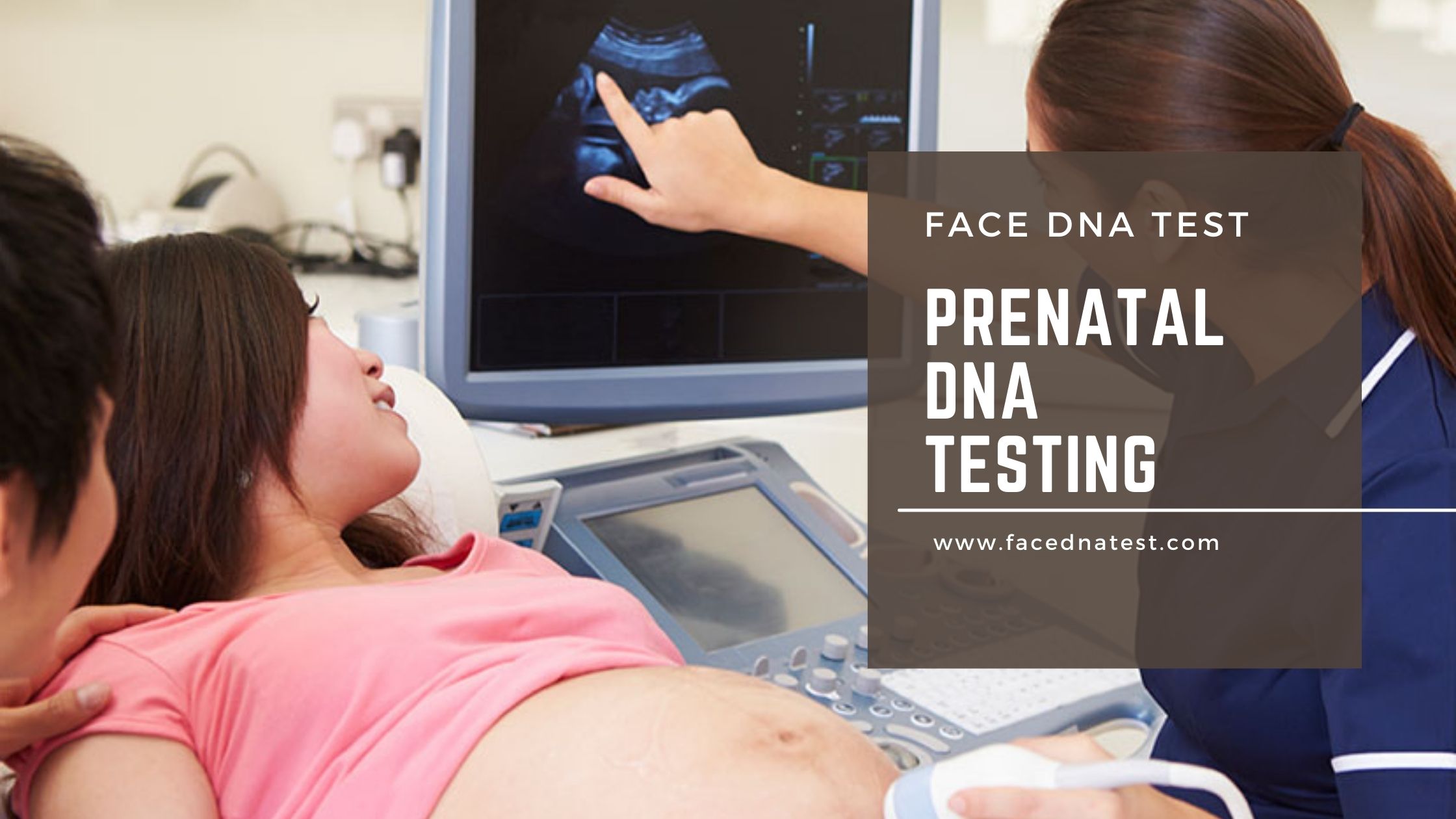What is the right time for a CVS test?
The CVS test is offered if a woman has certain risk factors for having a baby with any birth defect or genetic disease so that problems can be found early in pregnancy. This Prenatal DNA Testing is typically done between weeks 10 and 13 of pregnancy. Remember that it is a diagnostic test rather than a screening test; you can know whether a baby will be born with a specific chromosomal disorder.
During the test, a sample of chorionic villi is removed from the placenta through the cervix (transcervical) or the abdominal wall (transabdominal), and then this sample is tested to identify chromosomal problems such as Down syndrome. Genetic diseases such as Tay-Sachs disease, and sickle cell anemia, and cystic fibrosis can also be diagnosed.

When you can consider a CVS DNA Test:
-
Positive results from a prenatal screening test
If your result of a screening test is positive, you might go for a CVS test to confirm or rule out a diagnosis.
-
Chromosomal condition in a previous pregnancy
If your previous pregnancy was affected by Down syndrome or another chromosomal disorder, this pregnancy may be at a slightly higher risk, too.
-
You are 35 or older
Babies born to women 35 and older have a higher risk of chromosomal conditions, such as Down syndrome.
-
Family history of a specific genetic condition
Your family history also decides the health condition of future babies. If your partner is a known carrier of a genetic disease, the chances of having a disorder will be more.

Choose “face DNA test” services for the CVS test. Here, you will get testing from experienced and certified professionals within your limited budget.
See here: What do you need to know about Y-Chromosome DNA testing?
